DISSEMINATION MEETING FOR REASRCH FINDINGS ON THE LEGAL REASERCH ON LAWS GOVERNINGCHILD MARRIAGE IN UGANDA
On November 15, 2024, Joy for Children Uganda (JFCU) convened a critical dissemination meeting to
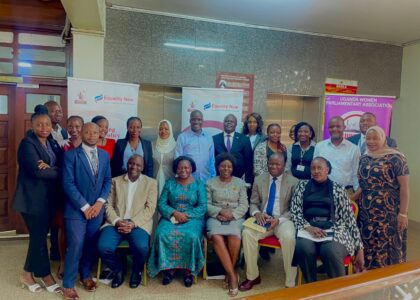
On November 15, 2024, Joy for Children Uganda (JFCU) convened a critical dissemination meeting to
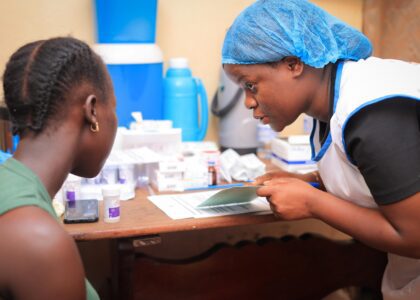
On November 14, 2024, Joy for Children Uganda (JFCU) organized a transformative community awareness session
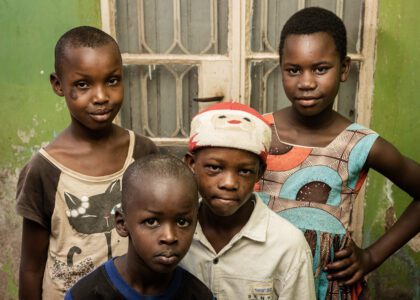
In Uganda, recent statistics indicate that the school dropout rate is notably high, particularlyamong girls.
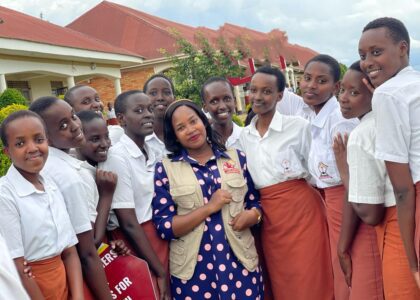
Joy for Children Uganda in partnership with Windle International Uganda will be implementing the Uganda
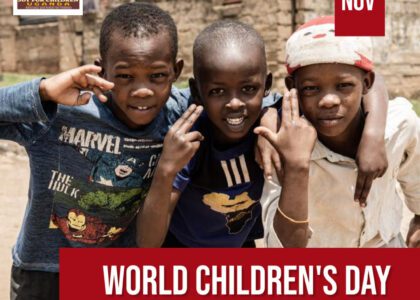
November 20th marks World Children’s Day, a global moment to reflect on children’s rights, celebrate
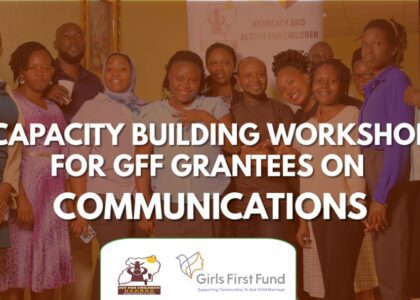
Joy for Children Uganda (JFCU) hosted a two-day Capacity Building Workshop on September 26th and
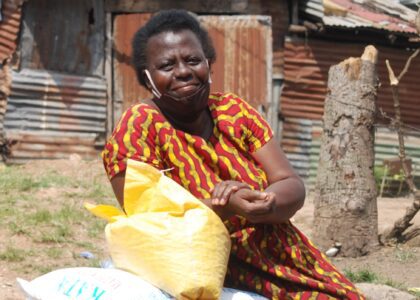
In Uganda, the slums of Kampala are some of the most challenging environments, deeply entrenched

To support its strategic intents, a strong and sustainable JFCU organization is necessary. In line
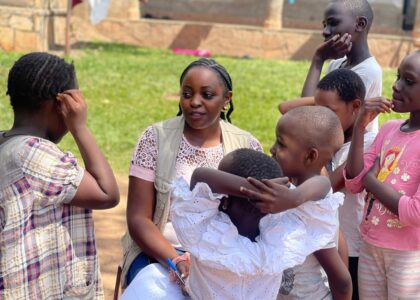
The psychosocial and legal support thematic area aims to address the consequences of all forms
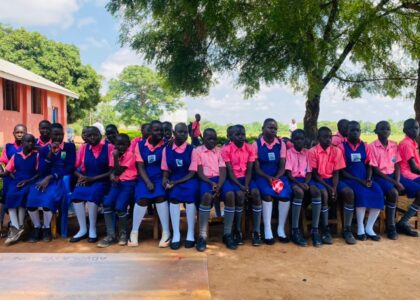
JFCU acknowledges that education enables the child to develop to his or her fullest possible